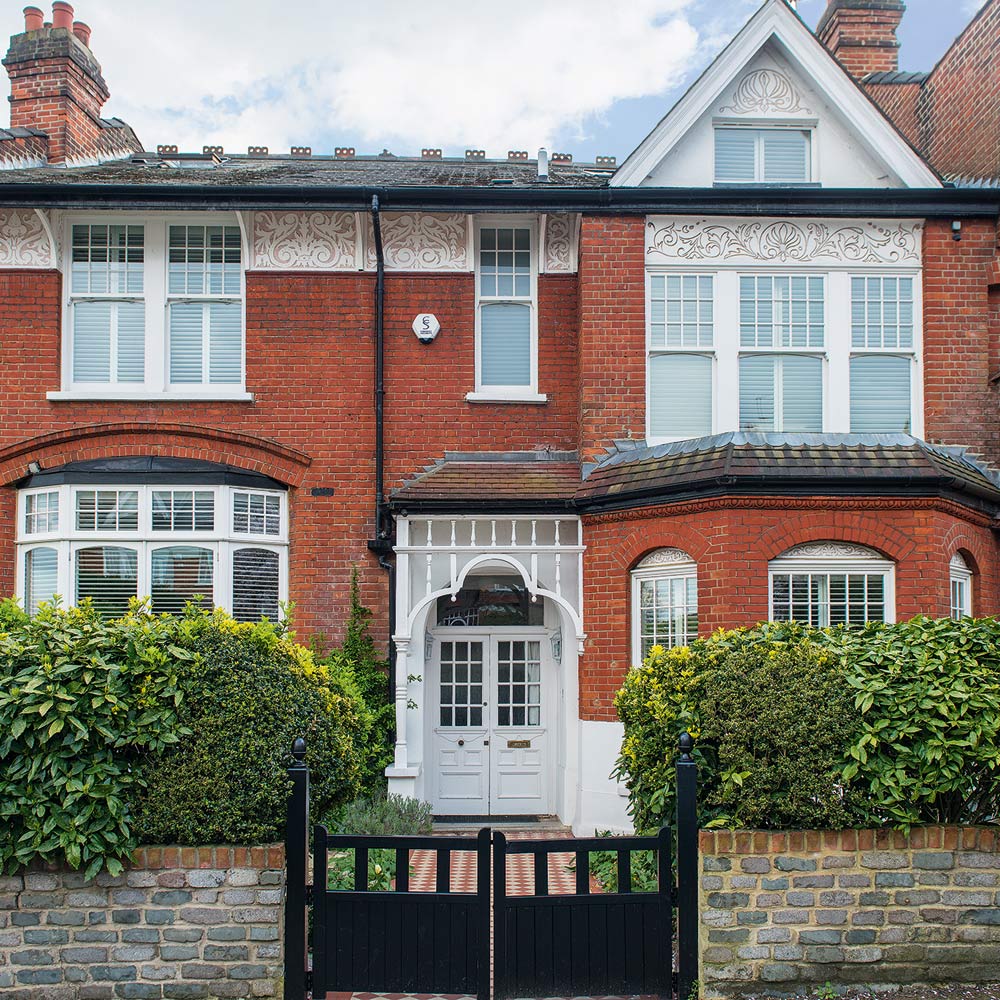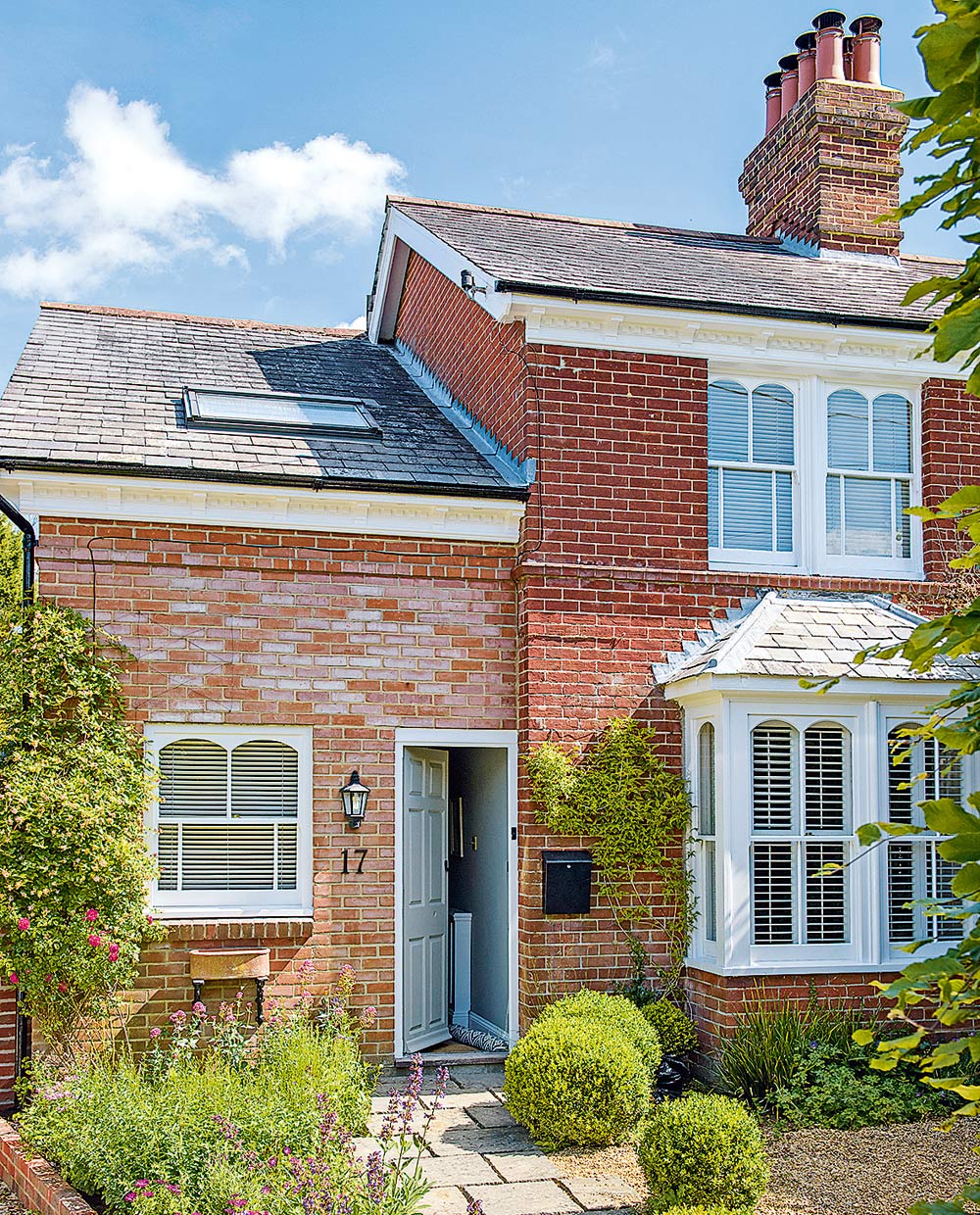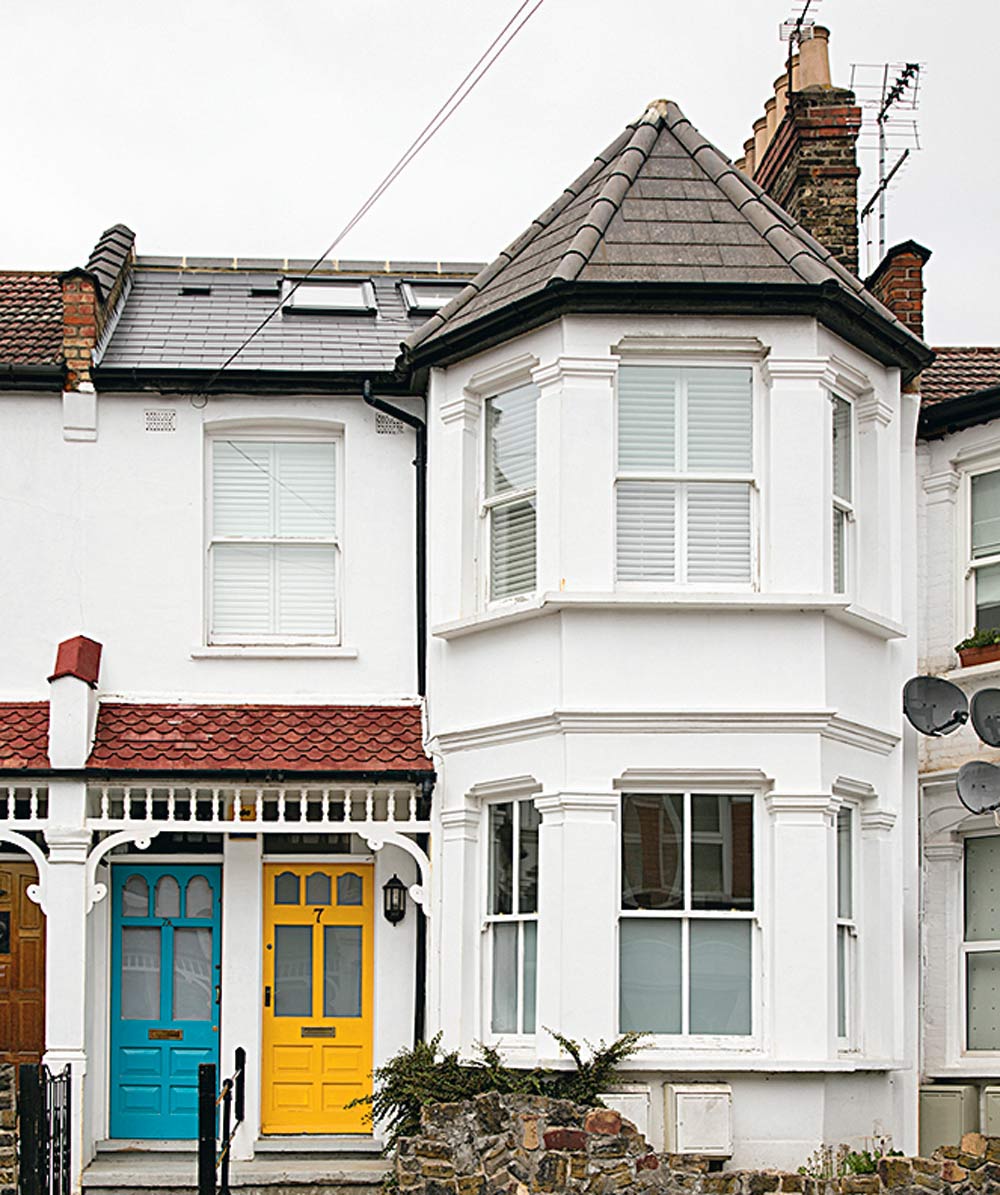Solicitor fees for buying a house explained
A solicitor or conveyancer plays a huge part in the house buying process. Find out what their role is and how much to budget for their expertise

Understanding solicitor fees for buying a house can feel like entering into a legal minefield. Buying a property inevitably comes with lots of technical jargon, tonnes of paperwork and a great deal of communication between different parties.
So you need to find a team you can trust to do the job effectively, efficiently and correct legally.
‘Buying a house is likely to be the biggest transaction of your life, so choosing who will act for you is an important thing to consider,’ says Mick Fallon, Director & Conveyancing Solicitor at Howells Solicitors.
Solicitor fees for buying a house, explained

Our guide will break down solicitors' fees for buying a house and the role a solicitor or conveyancer plays in the purchase of a home.
We’ve included a detailed list on what you can expect to pay for their expert services. We'll also uncover any hidden costs and reveal how to choose the right expert for the job.
1. How much are solicitors' fees for buying a house?
Costs vary from solicitor to solicitor but most charge either a percentage of the value of the property or a flat fee, which tends to work out at between £500 and £1,500.
'The price will usually be based on the amount of time that your conveyancer believes they will need to spend on the matter, and the level of risk they think is involved,’ says James Smith, Director and Solicitor at Holden Smith.
Sign up to our newsletter for style inspiration, real homes, project and garden advice and shopping know-how
Bear in mind that, as with most things, you get what you pay for. ‘Firms that charge very low conveyancing fees have a focus on keeping internal costs low. With very small margins, their priority is to complete as many cases as possible,’ says Mick. ‘Whereas more costly solicitors will likely have a smaller case load, enabling them to spend more time on your matter.’
Once you have a good solicitor in place you're one step closer to planning your moving house checklist.
2. What does a solicitor do?
‘In very simple terms, they transfer the legal title of a property from one person to another,’ says James. There is lots of paperwork involved with a house purchase, with many forms to fill in and a vast amount of evidence that needs to be supplied, such as proof of identification and proof of funds. These all need to be sent off to your solicitor.
The solicitor will then work through all the paperwork, as well as obtain a draft contract and other necessary documents such as the title of deeds for the property you are buying. They will also carry out searches on the property to uncover any potential hidden risks.
‘There are often issues with adequate rights of way, consents for recent work carried out, and onerous clauses in the deeds restricting what a buyer can do with the land,’ says James. ‘They will also establish if the property you are buying is freehold or leasehold.’
‘If there is a mortgage lender, the solicitor is also expected to act for them and manage their many requirements, too,’ says James.
Once all the information is collected, your solicitor will prepare a report for you and run through any risks with you before buying. Once he or she is satisfied with their searches and answered all queries, they will advise you are ready to exchange contracts and the purchase becomes legally binding.

3. How long do conveyancing searches take?
‘For the environmental, water and drainage and most other specialist searches, you would normally expect the results to be available within a week or two after your conveyancer or solicitor has submitted the request,’ says David Jabbari, CEO of UK conveyancers, Muve.
Local authority searches vary from council to council. ‘Some can usually turn around a search within a few days, while others can take a month or more,’ says David.
Something to bear in mind currently, is that staff shortages and disruptions linked to Covid-19 are affecting the speed at which searches can be undertaken. ‘A number of councils are currently taking a lot longer than usual to process search requests, sometimes by as much as three months,’ he warns.
4. What are conveyancing disbursements?
These are third party costs incurred by your solicitor which the buyer has to pay, and are separate to solicitor fees. ‘Your solicitor will need to download deeds from the Land Registry, for example, and submit searches with the local authority, all of which incurs a cost,’ says James.
5. Are there any additional fees that I have to pay?
There are unavoidable searches and fees which must be done to complete the house-buying process. ‘This will include stamp duty tax, local authority searches for things like planning applications, environmental, water and drainage searches, indemnity insurance, land registry fees, bankruptcy searches and bank transfer fees,’ says Mick.
Mick suggests requesting a breakdown of solicitor fees for buying a house so you know exactly what amounts of money are going where.
James agrees: ‘It’s always a good idea to discuss your case with your preferred solicitor. And ask them to make you aware of any areas where additional costs could be incurred before you instruct them,’ he says.

6. When should I pay my solicitor?
‘Like with most things, you tend to pay a small amount upfront to your solicitor and then the remaining amount is due once the process is complete and you’ve exchanged on the new house,’ says Pete Mugleston, MD and Money Expert at Online Money Advisor.
However, all firms work slightly differently. Some might ask for small increments to cover costs throughout the process and some solicitors will work on a no completion, no fee, basis.
Make sure you’re aware of how the solicitor you choose is going to bill you. ‘Doing a bit of research before committing to anything is a good idea, so that you can find a firm that fits your financial constraints,’ says Mick.
7. What are the solicitor fees for buying a house with cash?
Technically, you could save money on some conveyancing fees when purchasing a house with cash by omitting the searches usually required by a mortgage provider. This includes things such as affordability checks and valuations.
However, although optional, make sure you’re not leaving yourself in a vulnerable position. ‘With less legal processes involved, it’s possible that potential issues to the property that would normally arise during normal legal checks won’t become apparent when paying with cash,’ says Mick.

8. How do I choose the right solicitor?
Research is key in finding the right person to handle the legalities for your house purchase and recommendations are a good place to start.
‘Your bank or mortgage broker will likely be able to recommend someone they work with, and it’s also worth asking family and friends for recommendations, too,’ says Nicola Schutrups, Managing Director at The Mortgage Hut.
Make sure you feel comfortable talking with your chosen solicitor. ‘Ask questions about who will be dealing with your file. What experience does that person have? And how you will be contacted and kept updated throughout the transaction,’ says James.
‘There is nothing worse on the day of completion than trying to find out where your keys are and having to speak to a call centre with an unknown person who is not familiar with your file.’

Sophie Vening is a freelance journalist and editor with more than 16 years’ experience writing about homes and properties. She’s worked for some of the UK’s leading interiors, self-build and property titles including, Grand Designs, Ideal Home, House Beautiful, Build It, The Metro Homes & Property and The Evening Standard Homes & Property.
She enjoys writing about complex issues in an easy-to-understand way.